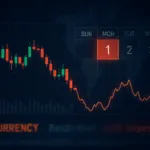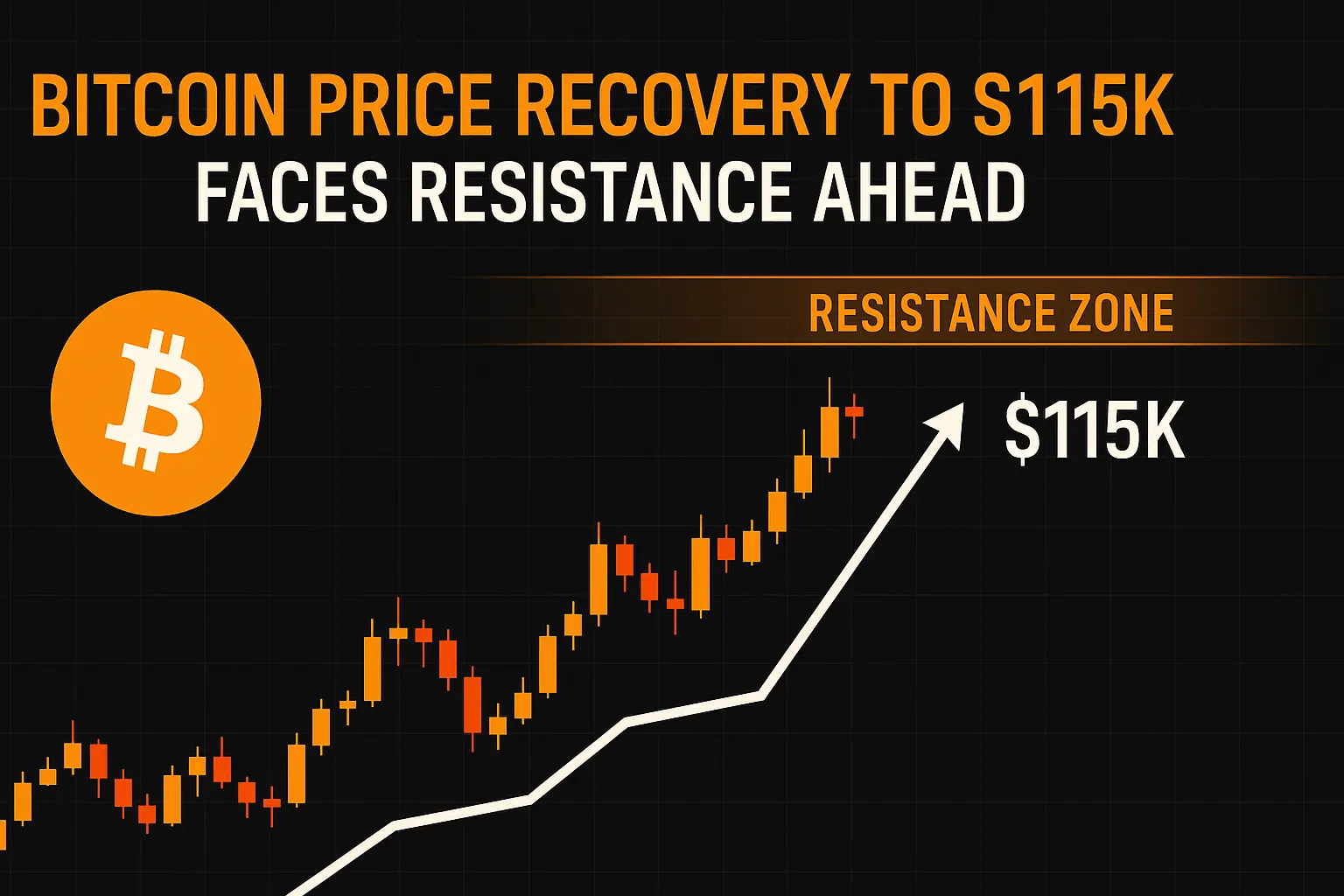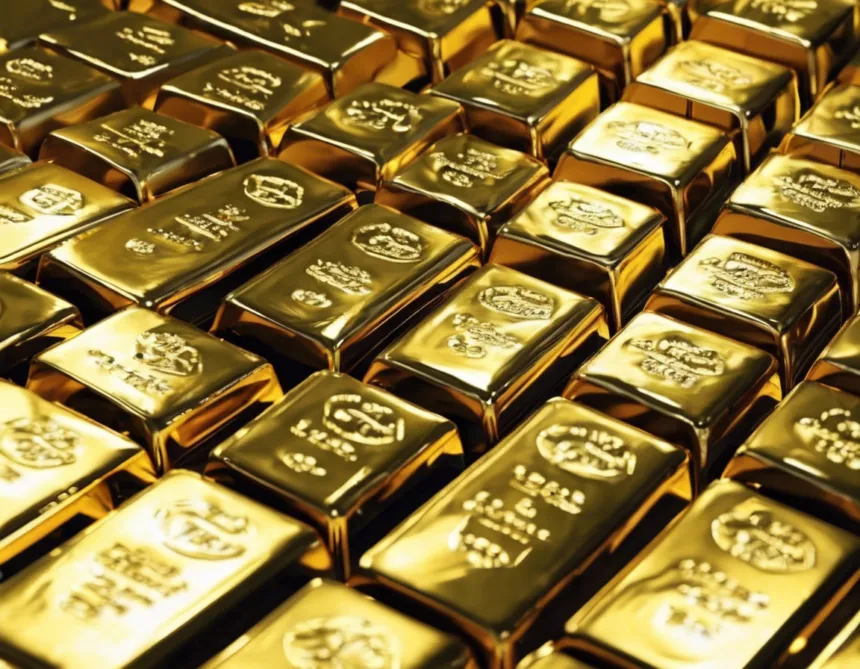The gold market is poised for significant growth in the coming months, according to leading analysts and industry experts. Recent geopolitical tensions, economic uncertainties, and shifting monetary policies have created a perfect storm for the precious metal, driving investors towards safe-haven assets. This comprehensive analysis explores the key factors influencing the gold forecast and what investors can expect in the near future.
Global Economic Factors Driving Gold Prices
The current economic landscape plays a crucial role in shaping the gold forecast. Inflation concerns, interest rate fluctuations, and currency devaluations are pushing investors to reconsider their portfolio allocations.
Inflation and Interest Rates
Central banks worldwide are grappling with persistent inflation, leading to a series of interest rate hikes. However, the effectiveness of these measures remains uncertain. John Smith, Chief Economist at GoldInsight, states, "The ongoing battle against inflation is creating a favorable environment for gold. As real interest rates struggle to keep pace with inflation, gold becomes an attractive hedge"[1].
Currency Devaluation
The weakening of major currencies, particularly the US dollar, is another factor supporting the bullish gold forecast. As fiat currencies lose purchasing power, gold's appeal as a store of value increases. The precious metal has historically maintained its worth over long periods, making it an ideal asset for wealth preservation[2].
Geopolitical Tensions and Their Impact
Recent global events have significantly influenced the gold forecast, with political uncertainties driving demand for safe-haven assets.
Regional Conflicts
Ongoing conflicts and diplomatic tensions in various parts of the world have heightened investor anxiety. These geopolitical risks often lead to increased gold purchases as a form of financial insurance. Sarah Johnson, Senior Analyst at PreciousMetals Research, notes, "In times of geopolitical uncertainty, gold tends to outperform other asset classes, serving as a reliable safe haven"[3].
Trade Disputes
Escalating trade tensions between major economies have also contributed to a positive gold forecast. Tariffs, sanctions, and trade restrictions can disrupt global economic growth, prompting investors to seek refuge in gold. The metal's performance during previous trade disputes suggests it could see significant gains if current tensions persist or escalate[4].
Technological Advancements in Gold Mining
Innovations in the gold mining sector are expected to impact supply dynamics, potentially influencing the gold forecast.
Sustainable Mining Practices
The industry is witnessing a shift towards more sustainable and environmentally friendly mining techniques. These practices, while beneficial for the environment, may lead to increased production costs. Dr. Michael Brown, a mining technology expert, explains, "The adoption of greener technologies in gold extraction could potentially constrain supply, supporting higher gold prices in the long term"[5].
Exploration and Discovery
Advancements in exploration technologies are enabling mining companies to discover new gold deposits in previously inaccessible areas. However, the time lag between discovery and production means that any impact on supply will not be immediate. This factor contributes to a stable supply outlook in the near term, supporting the positive gold forecast[6].
Investment Trends and Market Sentiment
Investor behavior and market sentiment play crucial roles in shaping the gold forecast.
ETFs and Physical Gold Demand
Gold-backed exchange-traded funds (ETFs) have seen significant inflows in recent months, indicating growing investor interest. Additionally, physical gold demand, particularly in emerging markets, remains strong. Lisa Chen, Portfolio Manager at GoldTrust Investments, observes, "The combination of institutional investment through ETFs and robust retail demand for physical gold creates a solid foundation for price growth"[7].
Central Bank Purchases
Central banks, especially in emerging economies, continue to diversify their reserves by adding gold. This trend is expected to persist, providing additional support to the gold forecast. The consistent demand from these institutional buyers helps stabilize the market and potentially drive prices higher[8].
Conclusion: A Bright Outlook for Gold
The gold forecast for the coming months appears overwhelmingly positive, supported by a combination of economic, geopolitical, and market factors. While short-term volatility is always possible, the long-term outlook suggests that gold may continue to shine as a valuable component of investment portfolios.
Investors and market participants should closely monitor global economic indicators, geopolitical developments, and central bank policies to make informed decisions. As always, diversification remains key, and gold's role as a hedge against uncertainty and inflation makes it an attractive option in these turbulent times.
The confluence of factors supporting the bullish gold forecast presents a compelling case for the precious metal's potential growth. However, as with any investment, thorough research and professional advice are essential before making significant financial decisions.

Mahsa Rezaei is a forward-thinking crypto journalist based in Tehran with a strong background in computer science and finance. Specializing in blockchain technology and its impact on Iran’s economic reforms, her investigative articles and in-depth analyses are widely read by tech enthusiasts and policy makers alike.






